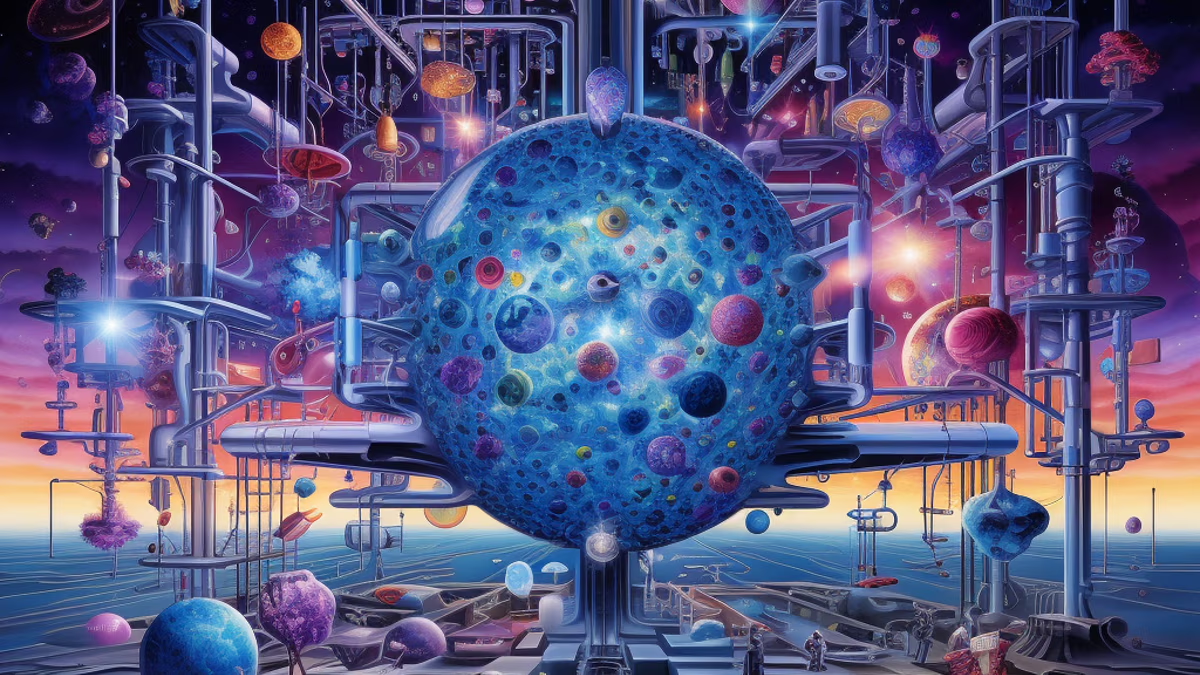
Peptides are a type of chemical compounds composed of amino acid residues connected by peptide bonds.
In simpler terms, peptides are part of proteins – the building material for the entire organism. They are responsible for physiological and metabolic processes in the body, as well as for the health and youthfulness of our cells.
Many peptides and amino acids are synthesized by the body, meaning they are produced within the organism. However, under the influence of stress, illnesses, intense physical exertion, and with age, the production of peptides by the body decreases. This reflects on physiological processes, slowing down cell regeneration and causing aging.
Amino acids can be either replaceable (synthesized in the living organism) or indispensable (non-synthesized). The latter must necessarily enter the body from external sources, namely through food.
Replaceable amino acids: asparagine, glutamine, aspartic acid, glutamic acid, proline, glycine, alanine, tyrosine, serine, cysteine, and so on. Indispensable amino acids: leucine, lysine, valine, isoleucine, tryptophan, threonine, methionine, phenylalanine. Peptides with a sequence of fewer than 10-20 amino acid residues are called oligopeptides (“few” in Greek). Those with greater length are termed polypeptides (“many” in Greek). Short peptides typically have only 2-4 links.
| Peptide | Amino Acid Status | Food Source Containing the Peptide | Importance | Synthesis |
|---|---|---|---|---|
| Leucine | Indispensable | Milk, eggs, corn, chicken | Stimulates protein synthesis, normalizes blood sugar, acts as a catalyst for muscle growth, protects muscles from breakdown and injury | Not synthesized |
| Lysine | Indispensable | Soy, beef, milk | Ensures the synthesis of antibodies, hormones, and enzymes, accelerates recovery after illness, neutralizes viruses | Not synthesized |
| Valine | Indispensable | Dried beef, milk, corn, eggs | Provides metabolism in muscles, stabilizes hormonal balance, restores damaged tissues | Not synthesized |
| Phenylalanine | Indispensable | Grains, brown rice, eggs | Enhances memory, improves mental abilities, suppresses appetite, elevates mood | Not synthesized |
| Threonine | Indispensable | Corn, soy, eggs | Ensures the growth of skeletal muscles, strengthens immunity, normalizes fat metabolism | Not synthesized |
| Tryptophan | Indispensable | Cassava, milk, eggs | Stabilizes mood, regulates sleep, controls appetite, enhances productivity | Not synthesized |
| Methionine | Indispensable | Beef, grains, eggs | Promotes fat processing | Not synthesized |
| Isoleucine | Indispensable | Corn, chicken, potatoes, eggs | Ensures the synthesis of hemoglobin, stabilizes blood sugar levels | Not synthesized |
| Histidine | Considered “Indispensable” in childhood | Fish, beef, cheese | Protects against radiation, absorbs UV rays, activates hemoglobin synthesis, accelerates tissue regeneration | Transitions to the category of “replaceable” in adulthood |
The table above lists foods that, when included in your diet, will provide the necessary amino acids for the full functioning of the body
It is important to consider that indispensable amino acids are particularly intensively expended during heavy physical exertion. Therefore, BCAAs with short peptides like IPH are recommended for regular intake by athletes and individuals engaged in strenuous labor.
Regular consumption of such a peptide complex will not only help build muscle and eliminate excess fat deposits but also strengthen the immune system, restore damaged tissues, and reduce the risk of developing heart diseases.